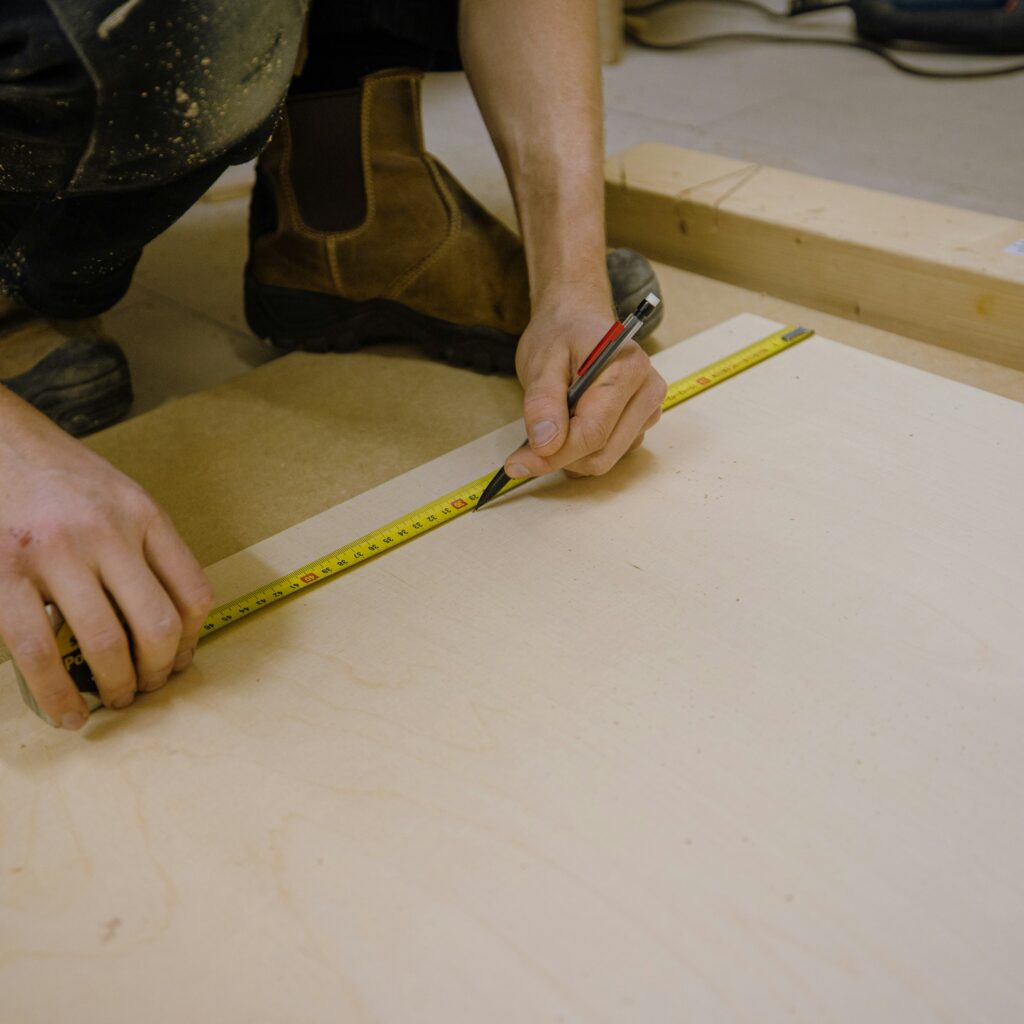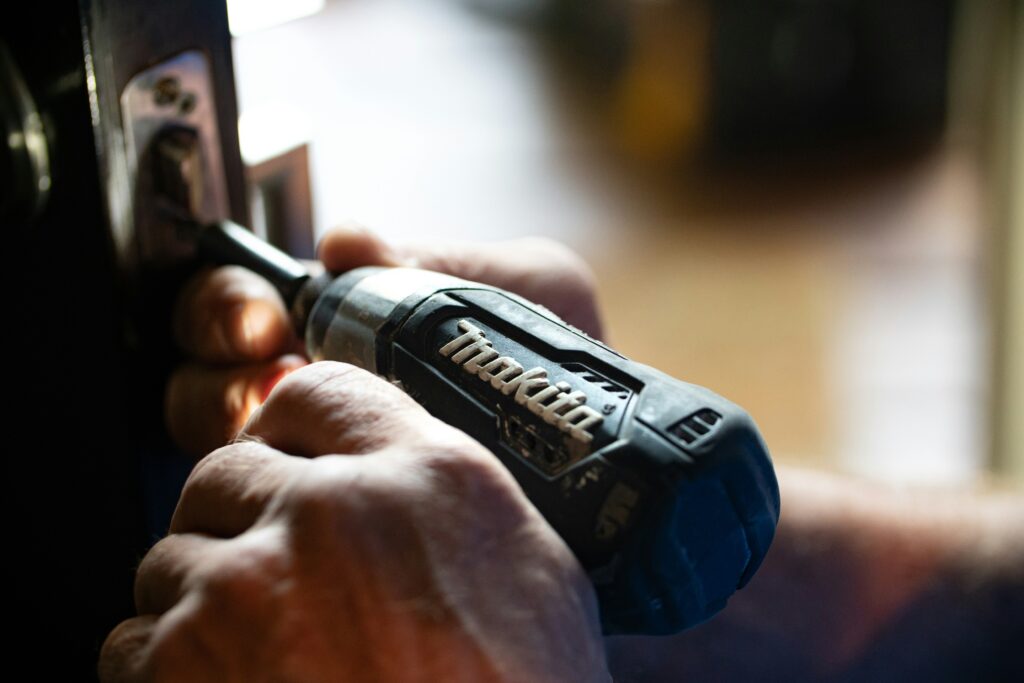Table of Contents
Can a Handyman Fix a Water Leak?
Can a handyman fix a water leak? Yes, in many cases, a handyman can certainly fix a water leak, depending on the severity and location of the issue. While professional plumbers are specialized for more complex leaks, handymen can handle a wide range of minor water-related repairs effectively. In this article, we will explore when a handyman is qualified to fix a water leak, the steps they take to repair it, and how you can prevent future leaks. Whether it’s a simple faucet leak or a problem with your pipes, let’s dive into the details.
What Types of Water Leaks Can a Handyman Fix?
Handymen are capable of handling a variety of water leak issues, including:
- Leaky Faucets
- Toilet Tank Leaks
- Leaky Showerheads
- Dishwasher or Washing Machine Leaks
- Small Pipe Leaks in Accessible Areas
If you’re unsure about the severity of a leak, it’s best to get a professional evaluation. However, most minor leaks can be managed by a handyman with the right tools and skills.
When Should You Call a Handyman for a Water Leak?
If you have a minor water leak, you might be wondering whether you should call a plumber or a handyman. Here’s when to consider calling a handyman:
- The leak is small and localized, like a dripping faucet or small pipe leaks.
- The leak is in an easily accessible area, such as under the sink or behind the refrigerator.
- The leak is caused by a non-complicated issue, like worn-out washers or seals.
- You’re looking for an affordable option to repair minor leaks quickly.
If you are facing more complex issues, such as large pipe leaks inside walls or under floors, it’s best to contact a licensed plumber.

How Does a Handyman Fix a Water Leak?
Here’s a quick overview of the common steps a handyman would take to fix a water leak:
1. Identify the Source of the Leak
First, the handyman will locate the source of the leak. This might involve turning off the water supply and inspecting pipes, faucets, and appliances to see where the water is escaping.
2. Turn Off the Water Supply
Before proceeding with any repair, the handyman will turn off the water supply to prevent further damage.
3. Evaluate the Type of Leak
Once the leak’s source is found, the handyman will determine whether it is a simple fix or something more complicated that may require special tools or parts.
4. Make the Necessary Repairs
For a leaky faucet, the handyman may replace worn-out washers or seals. For pipe leaks, they might apply a patch or replace damaged pipe sections. For appliance leaks, tightening or replacing hoses could solve the issue.
5. Test for Leaks
After the repair is completed, the handyman will turn the water supply back on and test the system for leaks. This step ensures that the repair is effective and that no further leaks occur.
Benefits of Hiring a Handyman for Water Leaks
There are several advantages to hiring a handyman for water leaks:
- Cost-Effective: Handymen typically charge less than plumbers for minor repairs.
- Speed: Handymen can often perform quick, simple repairs without long delays.
- Convenience: They can handle various tasks around the house, making them ideal for multiple small repairs in one visit.
- Availability: Handymen are usually more accessible and have flexible scheduling.
Can a Handyman Fix a Water Leak in Pipes?
For most minor pipe leaks, a handyman can certainly help. If the leak is due to a worn-out connection, fitting, or small crack, they can use sealant or tape to temporarily fix the issue. For more severe or hidden leaks inside walls or ceilings, a plumber might be required.
Why Choose a Handyman Over a Plumber for Small Water Leaks?
Handymen are often an excellent choice for smaller, more manageable water leaks. Here’s why:
- Affordable Rates: Handymen typically charge lower hourly rates than plumbers, making them a budget-friendly option for simple leaks.
- Versatility: They can handle various home improvement tasks in addition to water leaks, saving you from needing multiple specialists.
- Quick Fixes: Many handymen can complete minor water leak repairs quickly without the need for extensive work or invasive techniques.
How to Prevent Water Leaks in the Future
Preventing water leaks is crucial to avoiding costly repairs, damage to your property, and disruption of daily life. While many water leaks may seem inevitable, with proper care and attention, you can significantly reduce the risk of leaks occurring. Below are some key steps to prevent water leaks in the future.
1. Regular Inspections of Pipes and Fixtures
Inspecting your pipes, faucets, and plumbing fixtures regularly is one of the best ways to catch potential leaks early. Look for:
- Corrosion: Rust or corrosion on pipes, especially those made of metal, can weaken the structure and lead to leaks.
- Cracks and Holes: Small cracks or holes in pipes can gradually worsen over time, leading to significant leaks.
- Water Stains: Check for any water stains around pipes or appliances that could indicate a slow leak.
- Worn-out Seals or Washers: Faucets, toilets, and showers often leak because the rubber seals or washers are worn out. Replacing these can prevent a leak from occurring.
2. Replace Worn-Out Seals and Washers
Over time, the rubber seals, washers, and O-rings in your faucets, showerheads, and toilets can deteriorate, leading to leaks. Replace these components regularly to avoid water leaks. Keeping a few extra seals and washers on hand can save you time and money when issues arise.
3. Avoid Over-Tightening Plumbing Fixtures
While it may seem like tightening a fixture more will prevent a leak, over-tightening can cause damage to the seals and threads, leading to leaks. Use the right tools and torque to tighten fixtures properly without damaging the components.
4. Check and Insulate Pipes in Cold Weather
During the winter months, freezing temperatures can cause water in pipes to freeze and expand, potentially leading to pipe bursts and leaks. To prevent this:
- Insulate Pipes: Use foam pipe insulation or heat tape to protect vulnerable pipes from freezing.
- Leave Cabinet Doors Open: When it’s extremely cold outside, leave the cabinet doors open under sinks to allow warmer air to circulate around the pipes.
- Let Faucets Drip: If you live in an area prone to freezing temperatures, letting faucets drip slowly during extremely cold nights can help prevent the water inside the pipes from freezing.
5. Maintain Appliances and Fixtures
Certain appliances in your home, like dishwashers, washing machines, and refrigerators with ice makers, have water connections that can develop leaks over time. Regular maintenance of these appliances can help you avoid leaks. Here’s what to do:
- Check Hoses and Connections: Inspect water hoses for cracks, bulges, or wear, and replace them as needed.
- Clean Appliance Filters: Clogged filters can increase pressure in hoses and connections, leading to leaks. Clean filters regularly according to the manufacturer’s instructions.
- Ensure Proper Installation: If you install or replace appliances, ensure they are properly installed and connected to the water supply.
6. Install Water Leak Detectors
Water leak detectors can be installed in key areas of your home, such as under sinks, around dishwashers, or near water heaters. These devices can alert you to the presence of water before it causes major damage. Investing in water leak detectors is a proactive step that could save you from costly repairs down the road.
7. Monitor Water Pressure
High water pressure can strain pipes, joints, and fittings, increasing the likelihood of leaks. Consider installing a pressure regulator if you have high water pressure in your home. The ideal water pressure should be between 40-60 psi (pounds per square inch). You can measure your home’s water pressure with a simple gauge or call a plumber to check it for you.
8. Fix Small Leaks Immediately
If you notice even the smallest water leak, fix it immediately. A small drip from a faucet or pipe may seem insignificant at first, but if left unaddressed, it can lead to more significant problems like mold growth, water damage to walls and floors, or higher water bills. Even a tiny leak can waste gallons of water each day, contributing to environmental and financial waste.
9. Know Your Water Shut-Off Valve Location
In the event of a major leak, knowing how to quickly turn off your home’s water supply can prevent extensive damage. Ensure that all family members or household members know where the main water shut-off valve is located. It’s typically located near the water meter or where the water line enters your house. Practice turning it off and on to ensure everyone is familiar with the process.
10. Install a Water Softener (If Needed)
In areas with hard water, mineral buildup can cause damage to plumbing systems over time, leading to leaks. Installing a water softener can help reduce mineral buildup in pipes and appliances, extending their lifespan and preventing leaks.

Take Action Now to Fix Your Water Leak
If you’re wondering can a handyman fix a water leak? — the answer is most likely yes! Whether it’s a faucet, pipe, or appliance leak, a handyman can provide a quick and cost-effective solution. Don’t let a small leak become a big problem. Take action today!
Frequently Asked Questions (FAQ)
Can a handyman fix a water leak in the wall?
If the leak is accessible and manageable, a handyman can fix it. However, if the leak is hidden deep within the wall, it’s better to call a plumber who can locate and repair it professionally.
Should I call a plumber for a leaking water pipe?
If the pipe is difficult to access, or if the leak is severe, it’s best to contact a plumber to avoid causing further damage.
How long does it take for a handyman to fix a water leak?
A small leak repair can take between 30 minutes to an hour, depending on the issue. More complex repairs might take longer.
Follow us on Facebook for Quick Response & Quires – 24/7 Task Connect